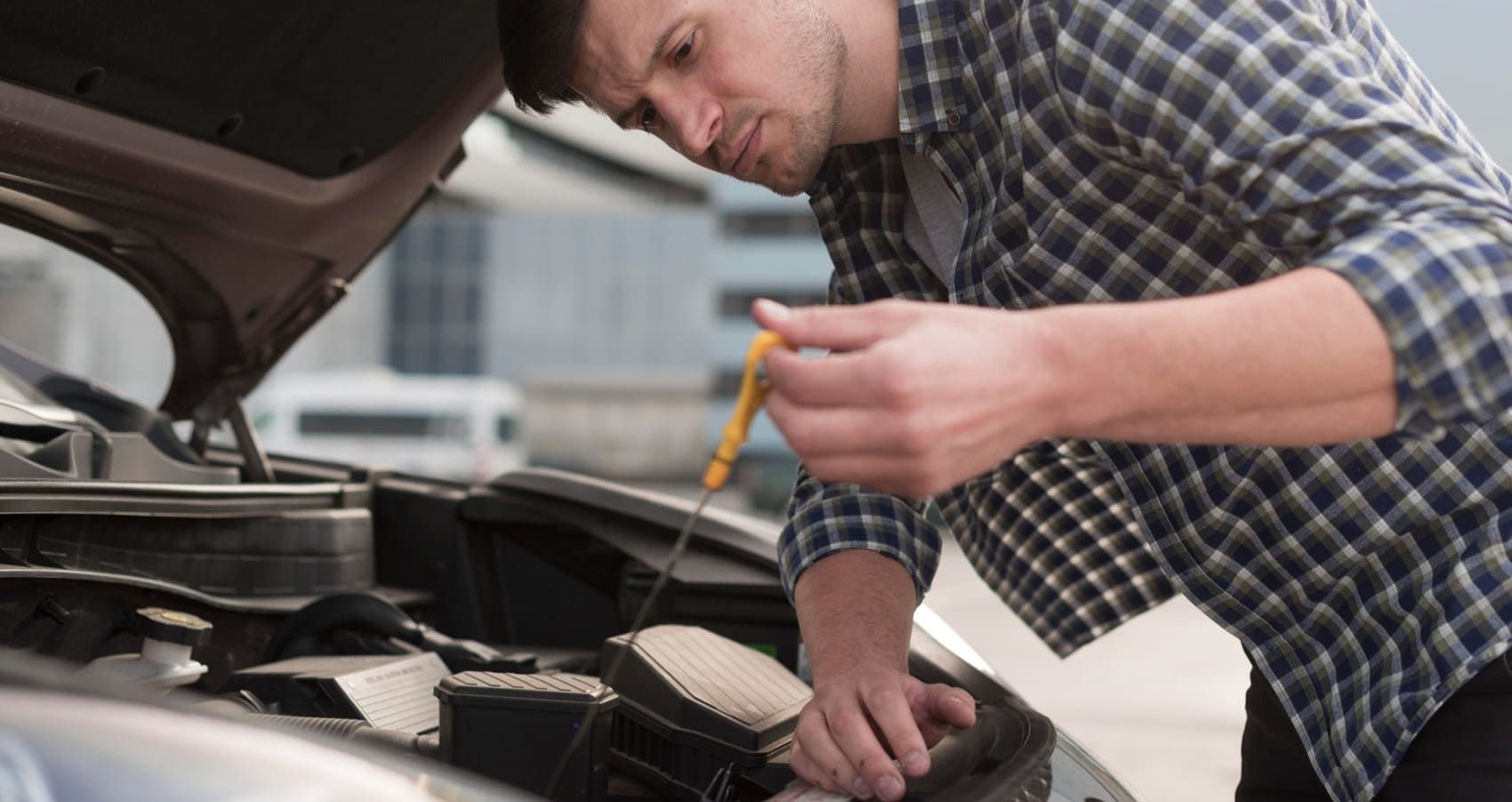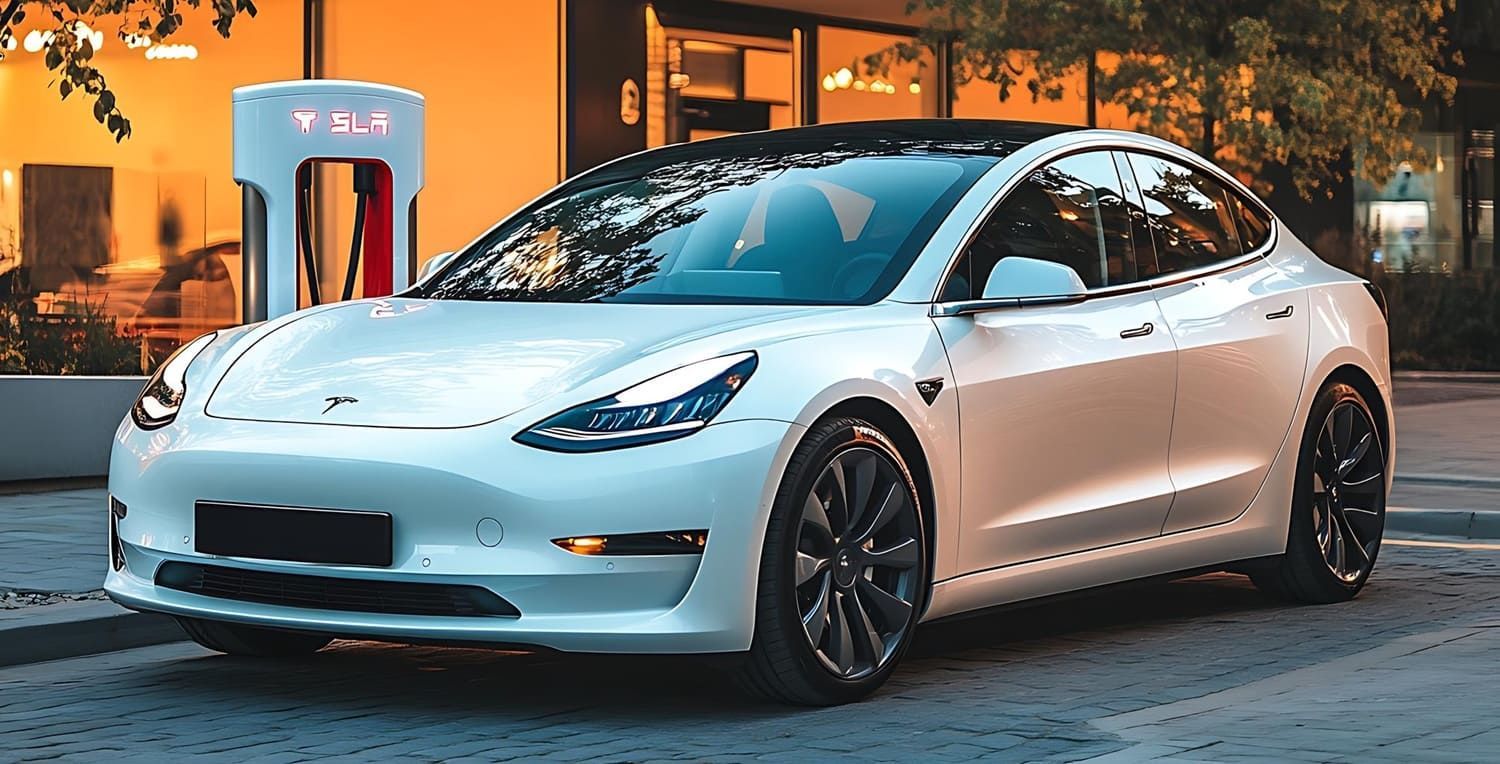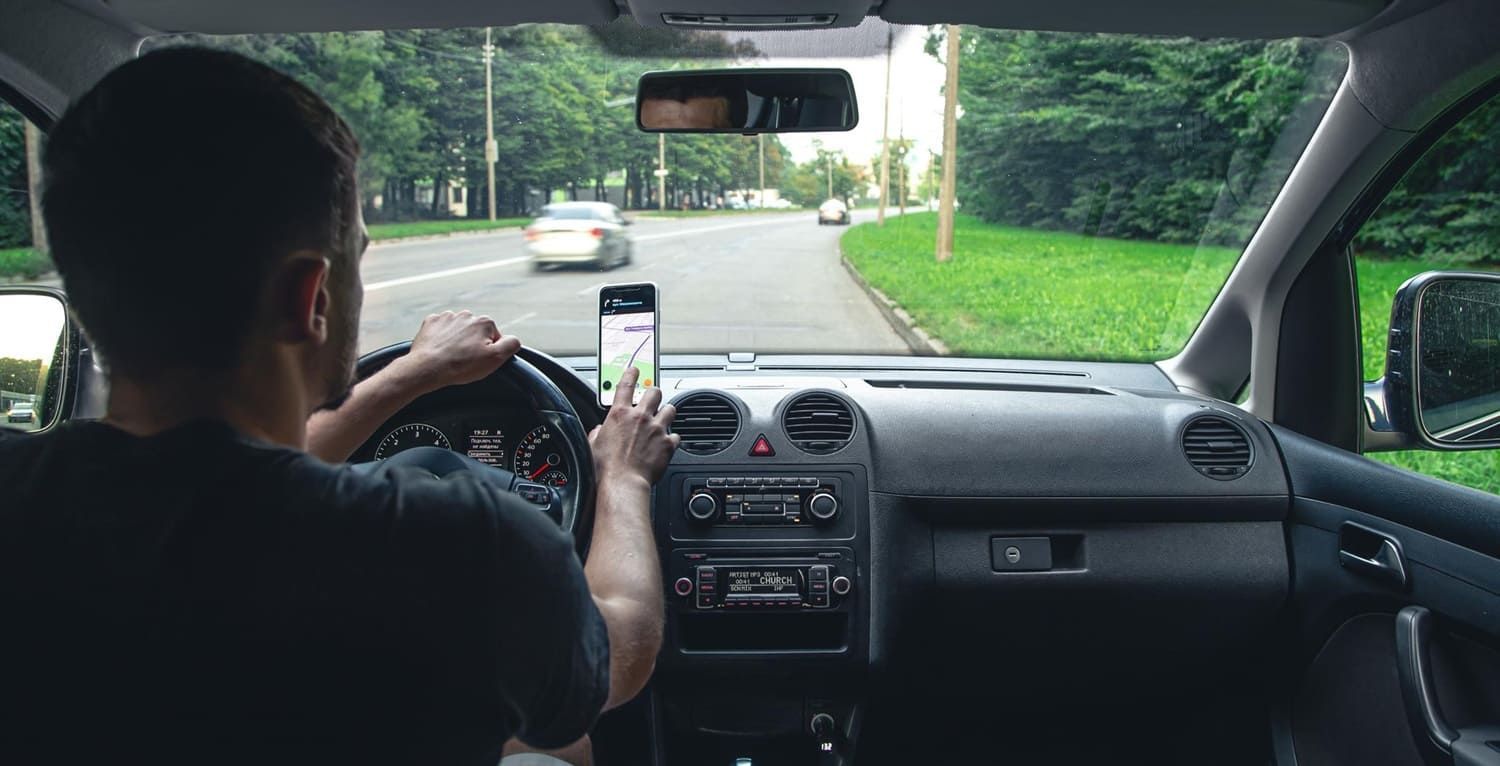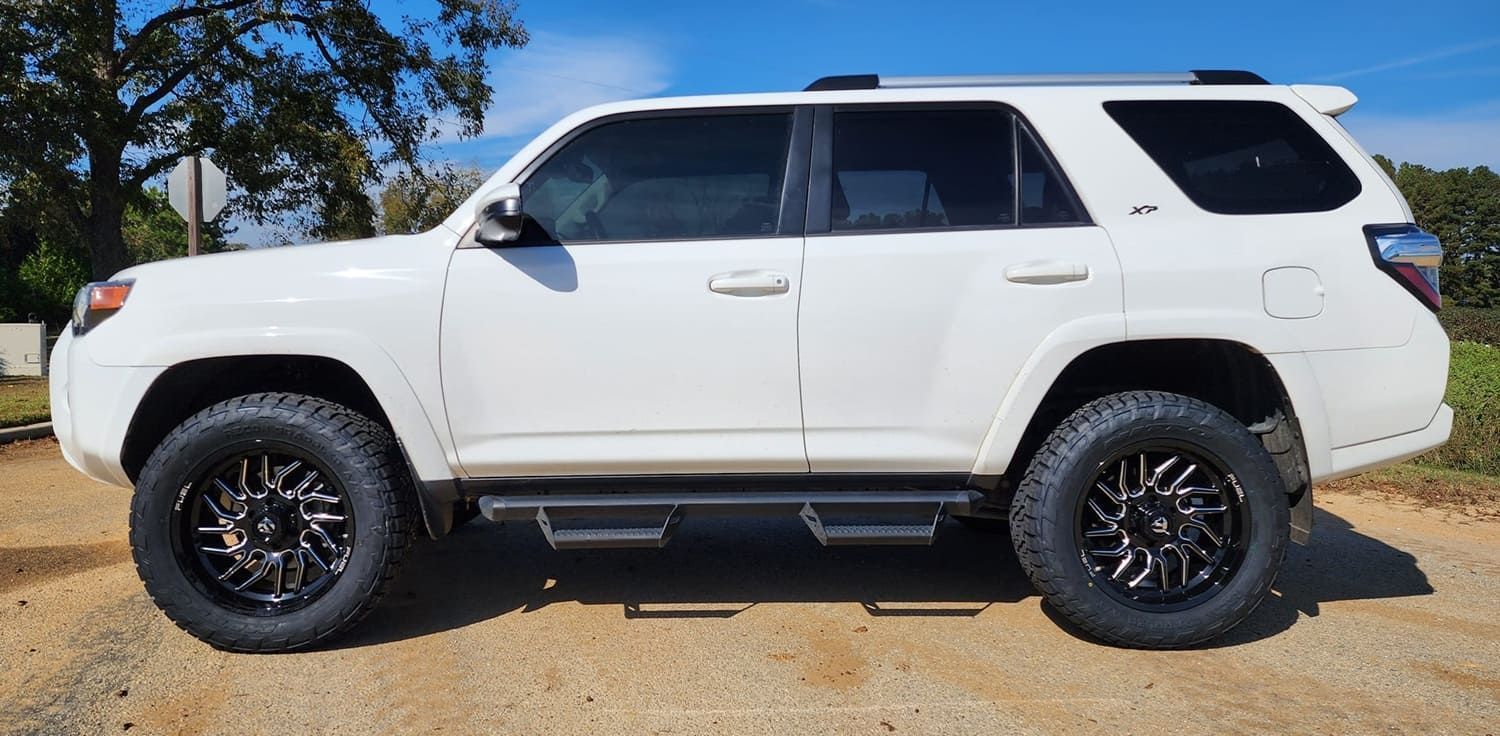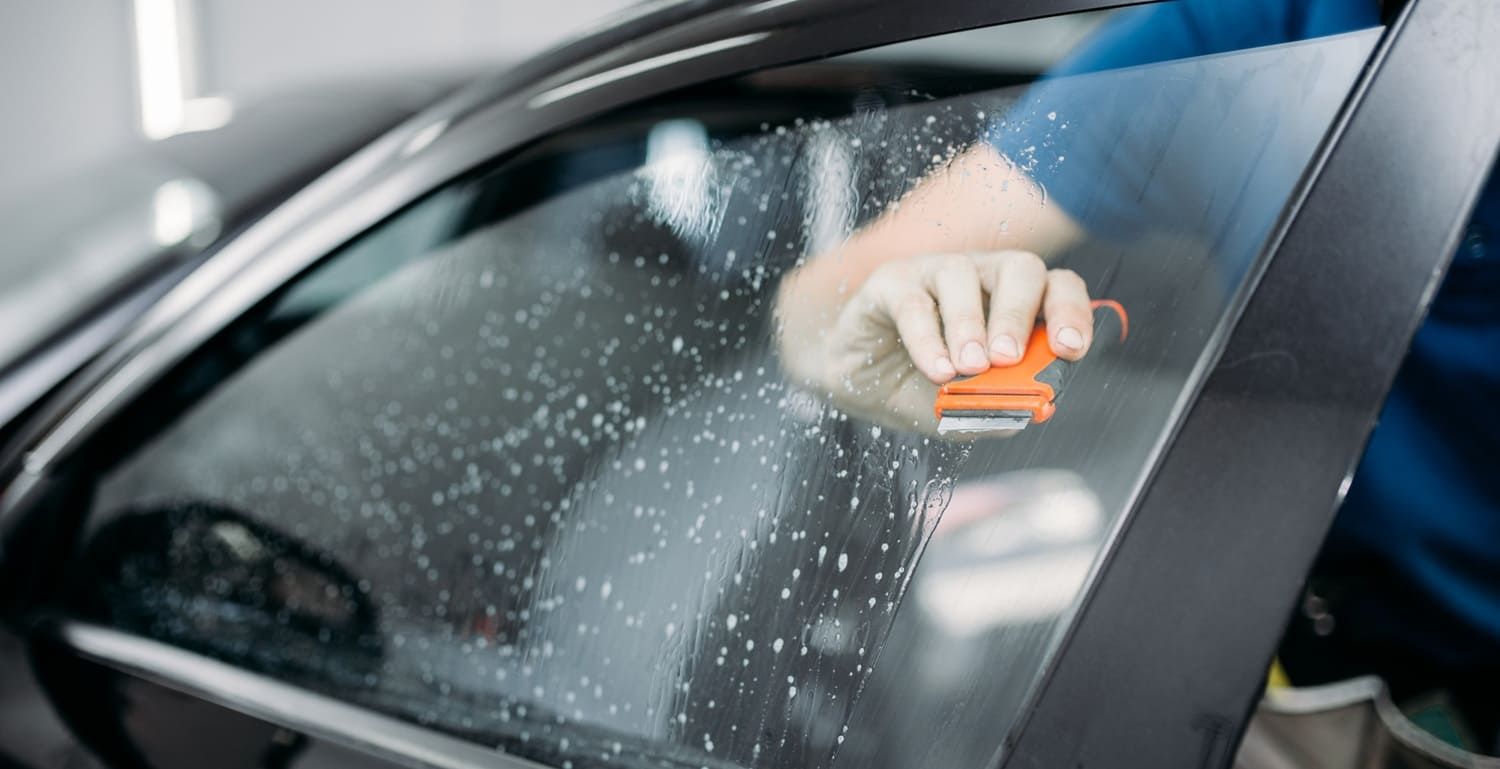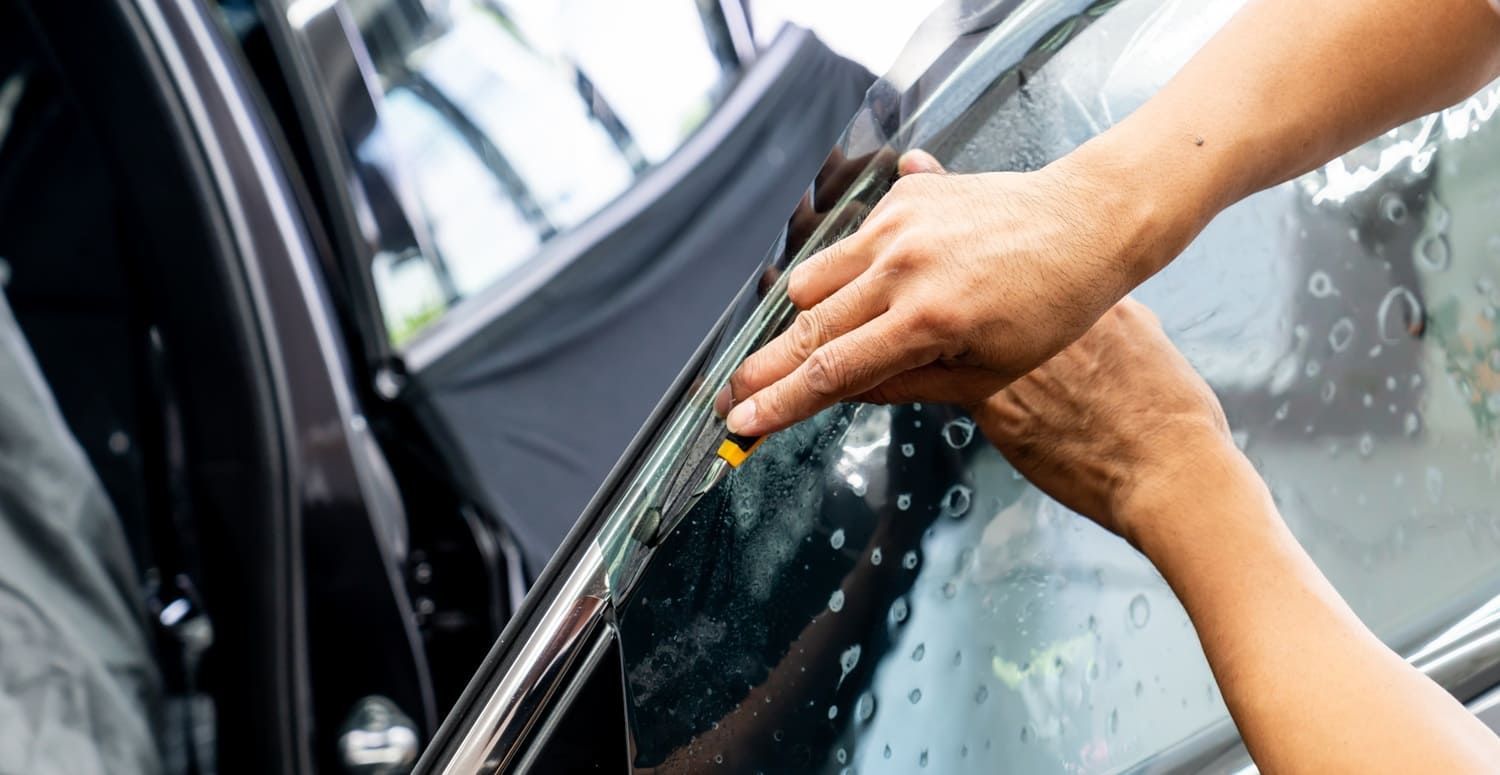How Car Tinting Protects You From UV Exposure
When we think about car safety, we often consider seatbelts, airbags, and anti-lock brakes. These features are designed to protect us from immediate physical harm during accidents. However, one of the less obvious yet equally important safety features is right on your car windows: tinting. Car window tinting is not just about aesthetics or privacy; it plays a crucial role in protecting you from harmful ultraviolet (UV) rays. In this article, we'll delve into the benefits of car window tinting, particularly how it helps in shielding you from UV exposure.
While many people associate window tinting with enhancing the look of their vehicle or providing privacy, the health benefits are often overlooked. The potential damage from UV exposure is a long-term health concern, and tinted windows offer a proactive measure against it. By understanding the protective qualities of window tinting, drivers can make informed decisions that benefit both their health and their vehicle’s longevity.

Understanding UV Radiation
What is UV Radiation?
Ultraviolet (UV) radiation is a type of energy produced by the sun and some artificial sources, such as tanning beds. It's a form of electromagnetic radiation, which means it travels in waves and carries energy. UV radiation is invisible to the naked eye and is classified into three types: UVA, UVB, and UVC. While UVC is mostly absorbed by the Earth's atmosphere, UVA and UVB reach us and have significant effects on our skin and health.
UVA rays are known for penetrating deep into the skin, leading to premature aging and wrinkling, while UVB rays are responsible for causing sunburn and playing a key role in the development of skin cancer. Understanding these distinctions is vital because it explains why protecting ourselves from both types is crucial. Car window tinting can block a significant amount of these rays, reducing the risk of associated health issues.
The Risks of UV Exposure
Prolonged exposure to UV radiation can lead to various health issues. These include skin cancer, premature aging, cataracts, and other eye problems. Skin cancer is one of the most common types of cancer, and a significant portion of these cases is linked to UV exposure. It's essential to protect yourself from these harmful rays whenever possible, and car tinting offers an effective solution.
Beyond the risks to your skin, UV radiation can also pose threats to your eyes. Conditions like cataracts and macular degeneration can be exacerbated by prolonged UV exposure. Additionally, UV rays can weaken the immune system, making the body more susceptible to infections. Given the serious health implications, taking steps to reduce UV exposure, such as through car tinting, is a wise investment in your long-term health.
The Protective Role of Car Window Tinting
How Car Tinting Blocks UV Rays
Car window tinting involves applying a thin film to the interior surface of a vehicle's windows. This film is engineered to block up to 99% of harmful UV rays from entering the car, providing significant protection to both the vehicle's occupants and interior. The technology behind these films varies, but all aim to reduce UV penetration effectively.
The film works by absorbing or reflecting the UV radiation, preventing it from passing through the glass. This not only protects the passengers but also minimizes the heat inside the car, creating a more comfortable driving experience. The reduction in UV exposure also helps maintain the quality of the car’s interior, preventing fading and cracking over time.
Benefits of UV Protection with Automotive Tinting
- Reduced Risk of Skin Cancer: By blocking UV rays, car tinting reduces the risk of developing skin cancer, which is particularly important for individuals who spend a lot of time driving. Regular drivers face increased exposure, making window tinting a critical preventative measure.
- Prevention of Premature Aging: UV radiation can accelerate skin aging, leading to wrinkles and sunspots. Window tinting helps keep your skin youthful by minimizing exposure. This is a significant benefit for those conscious about their skin's appearance and health.
- Eye Protection: Prolonged UV exposure can damage your eyes, contributing to cataracts and macular degeneration. Tinted windows protect your eyes by reducing glare and blocking harmful rays. This can also reduce eye strain, making for a more comfortable driving experience.
- Preservation of Interior: UV rays can cause fading and cracking of your car's interior materials, like the dashboard and seats. Tinting extends the life of your car's interior by reducing sun damage. Over time, this can save money on repairs and maintain the vehicle's resale value.
Types of Car Window Tinting
Dyed Window Tint
Dyed window tint is a popular choice due to its affordability. It works by absorbing solar heat and blocking some UV rays. While it provides basic UV protection, it may not be as effective as other types of tint. This type is often chosen by those looking for a cost-effective solution that still offers some level of UV defense.
However, dyed tints may fade over time, reducing their effectiveness and requiring replacement. Despite this, they remain a viable option for individuals who prioritize cost over long-term durability. It's an entry-level choice that can still offer considerable benefits for the budget-conscious car owner.
Metalized Window Tint
This type of tint contains tiny metallic particles that reflect heat and UV rays. Metalized tints are more durable and effective in UV protection compared to dyed tints, but they can interfere with electronic signals, such as GPS and cell phone reception. The metallic layer not only enhances UV protection but also strengthens the window, adding an extra layer of safety.
Despite their effectiveness, the potential for interference with electronic devices can be a significant drawback for some. It's important to weigh the enhanced protection against the possibility of compromised connectivity. For many, the superior durability and reflective capabilities outweigh these concerns.
Ceramic Window Tint
Ceramic tints are the most advanced option, offering superior UV protection without affecting electronic signals. They contain ceramic particles that effectively block UV rays while maintaining a clear view. This type of tint is known for its exceptional clarity, ensuring that visibility is not compromised while driving.
Ceramic tints also provide excellent heat reduction, making the car interior more comfortable. Although they tend to be more expensive than other types, the investment can be justified by the increased protection and longevity. For those seeking top-tier performance and minimal drawbacks, ceramic tints are an ideal choice.
Hybrid Window Tint
Hybrid tints combine dyed and metalized layers, offering a balance of UV protection, durability, and reduced signal interference. This makes them a popular middle-ground option for many car owners. They effectively block UV rays while minimizing some of the drawbacks associated with purely dyed or metalized tints.
By combining the strengths of both types, hybrid tints provide an excellent balance between cost, performance, and durability. They are suitable for those who want a reliable level of protection without the premium price tag associated with ceramic tints.
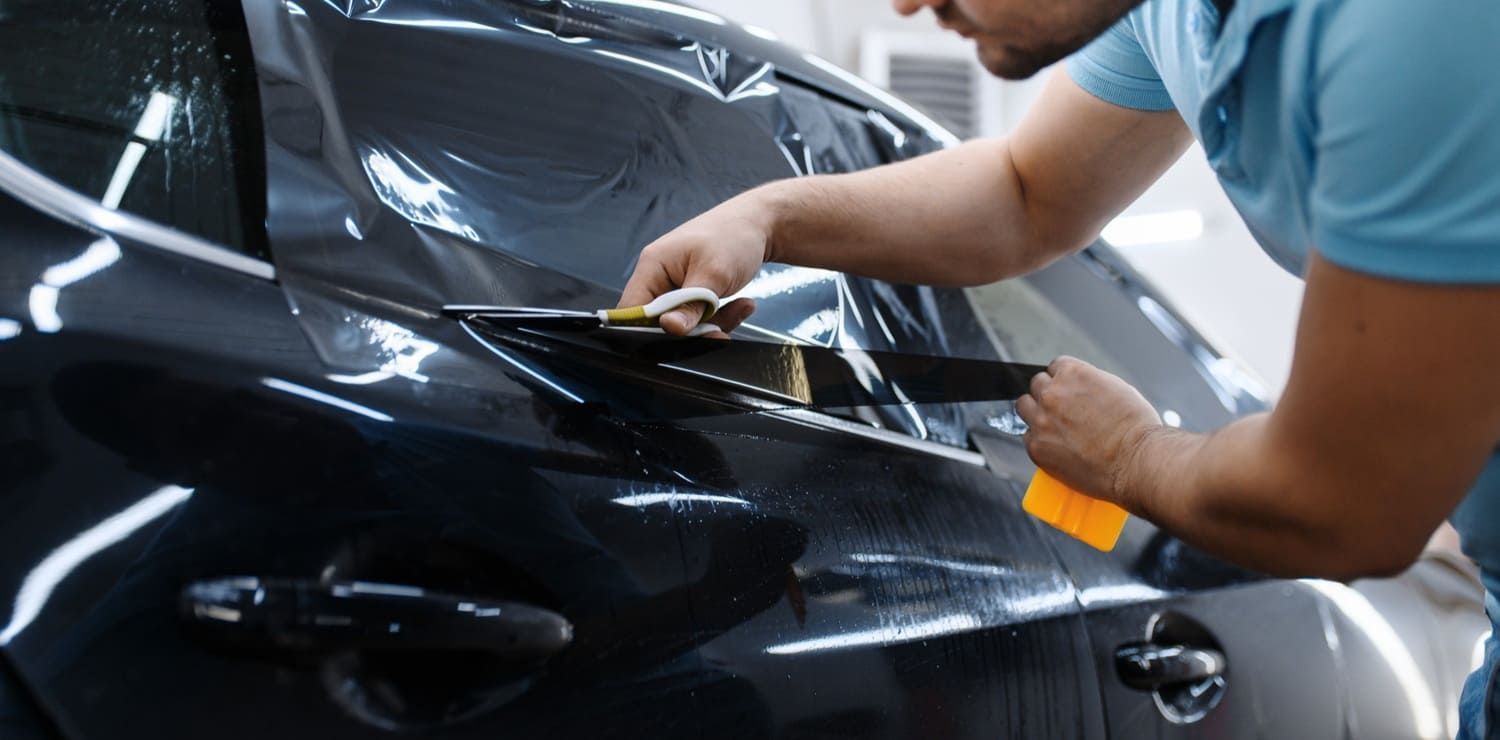
Choosing the Right Tint for UV Protection
Consider Your Environment
When selecting a tint, consider the climate and environment in which you drive. For example, if you live in a sunny area, you might benefit more from a ceramic tint that offers maximum UV protection. The amount of sunlight and heat in your region can significantly influence your choice, as higher exposure levels necessitate better protection.
Additionally, consider how often and how long you drive. Frequent drivers in sun-drenched areas will require tints with superior UV-blocking capabilities to ensure adequate protection. Assessing your specific needs and environment will help you make the most informed decision.
Legal Restrictions
It's important to check local regulations regarding window tint darkness and reflectivity, as laws vary by state and country. Ensure your chosen tint complies with these laws to avoid fines and ensure safety. Non-compliance not only risks legal penalties but can also compromise safety during nighttime driving.
Regulations often dictate the level of visible light transmission (VLT) allowed on different windows. Understanding these restrictions ensures that your vehicle remains street-legal and safe. Consulting with a professional installer can provide clarity on these legal aspects and help avoid potential issues.
Professional Installation
While DIY kits are available, professional installation is recommended to ensure the tint is applied correctly and without bubbles or peeling. Professionals have the expertise and tools needed to achieve a flawless finish. This not only enhances the aesthetic appeal but also ensures the longevity and effectiveness of the tint.
Professionals can also help you choose the best tint for your needs and ensure compliance with local laws. Their experience and knowledge can guide you in selecting the most suitable option for your vehicle and personal requirements. Investing in professional installation can save time and money in the long run.
Maintenance and Care for Tinted Windows
Cleaning Tips
To maintain the effectiveness and appearance of your tinted windows, use a soft cloth and a non-ammonia-based cleaner. Ammonia can damage the tint film, causing it to bubble or discolor. Regular cleaning not only preserves the look of the tint but also its protective qualities.
Avoid using abrasive materials or harsh chemicals, as these can scratch or degrade the tint. Gentle cleaning ensures that the tint remains intact and effective over time. Proper care will extend the life of the tint and maintain the protective barrier it provides against UV rays.
Regular Inspections
Periodically inspect your tinted windows for signs of wear, such as peeling or bubbling. Address any issues promptly to ensure continued UV protection and maintain the aesthetic appeal of your vehicle. Early detection of problems can prevent more extensive damage and the need for complete replacement.
Regular inspections also provide an opportunity to check for compliance with legal standards and the overall condition of the tint. Keeping an eye on the state of your tint ensures it remains effective and enhances the driving experience. Immediate action on any detected issues will preserve both safety and style.
Conclusion
Car window tinting is more than just an aesthetic upgrade—it’s a critical component of vehicle safety and health protection. At X-Treem Automotive & Tinting, your trusted window tinting installers serving Statesboro, GA, we provide professional-grade tint solutions designed to reduce UV exposure, protect your interior, and enhance overall driving comfort.
By significantly blocking harmful UV rays, quality window tinting helps prevent skin damage, protect your eyes, and extend the life of your car’s interior surfaces. Whether you choose dyed, metalized, ceramic, or hybrid tint, investing in professional automotive tinting is a smart choice for both your health and your vehicle’s longevity.
Contact X-Treem Automotive & Tinting today for your free estimate and expert recommendations tailored to your needs.
When you understand the importance of car window tinting, you’re empowered to make proactive decisions that protect your loved ones while upgrading your vehicle’s style and performance. Embrace the benefits of tinting and drive with peace of mind—knowing you’ve taken the right steps toward safety and long-term value.


